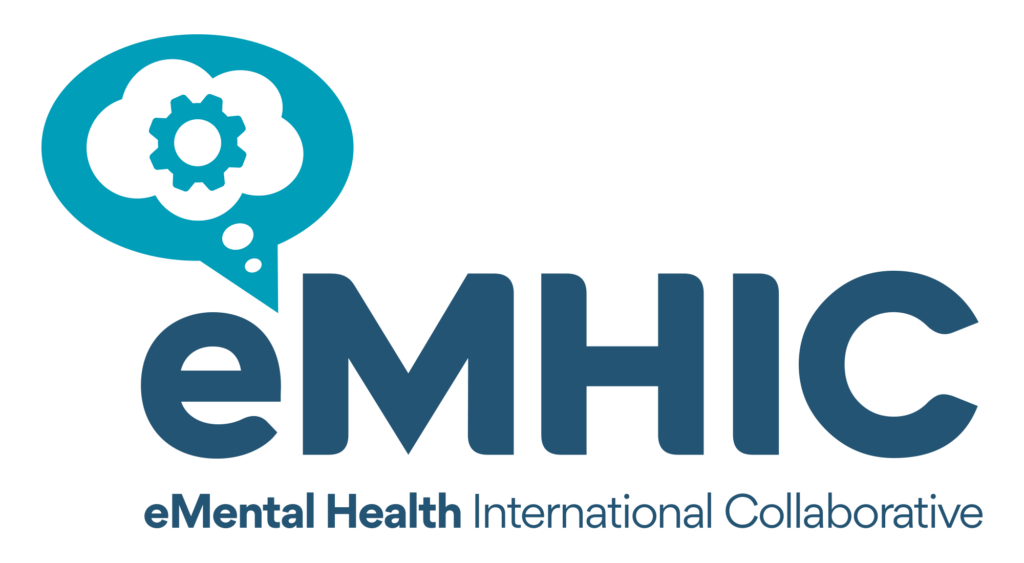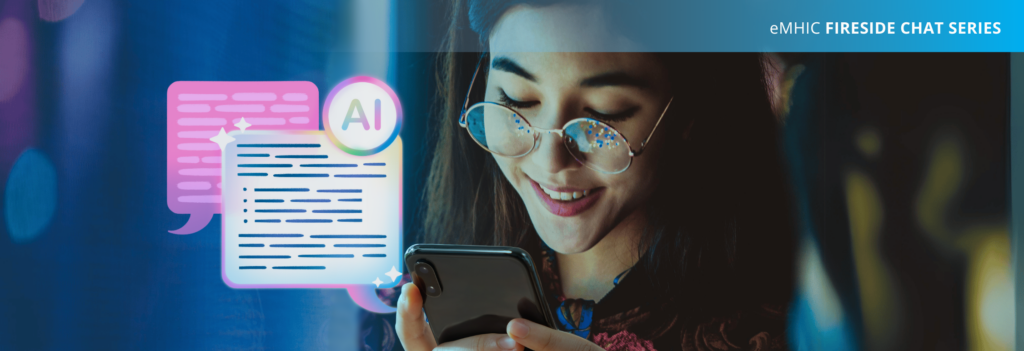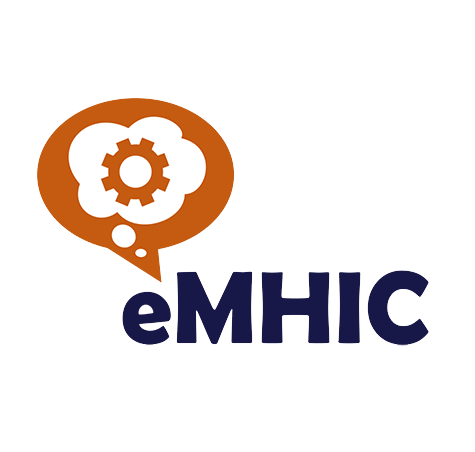About the Webinar
As ChatGPT and other generative AI tools become more widespread, people are increasingly using them to work on their mental health. But so far there is only limited research into why people use it, what it’s like to use it, and how it can help.
For anyone interested in how generative AI tools like ChatGPT can be harnessed to address the mental health crisis, this webinar offers insights into how people are using these tools in real-world settings today, including what it’s like to use, why people use it, and what impact it can have. Join the research team from King’s College London and Harvard Medical School to hear about how a recent study contributes to what we know about this promising emerging technology.
Resources
- Presentation materials are available here.
- Link to the research study (in preprint)
- Link to the mindmap of themes and subthemes from participant interviews
Links for people interested in using generative AI for mental health:
- Commonly used frontier generative AI chatbots: ChatGPT, Gemini, Claude, and Pi
- An example of a real-life transcript of an AI mental health conversation (Note, this transcript is not from the study)
- A link to the mental-health-focused GPT used in the above transcript, for people curious about trying generative AI that has been prompted to behave like a gentle, warm, encouraging and compassionate therapist (full prompt available on request).
Please contact Steve Siddals to collaborate, share experiences or find out more: steven.siddals@kcl.ac.uk
Expert International Speakers:
- Switzerland: Steve Siddals, Research Lead, King’s College London
- USA: John Torous, Director of Digital Psychiatry, Department of Psychiatry, Beth Israel Deaconess Medical Center, Harvard Medical School, USA
- United Kingdom: Astrid Coxon, Senior Research Associate, University of East Anglia and Online Teaching Fellow at King’s College London
- United Kingdom: Fiona Costello, eMHIC MC




